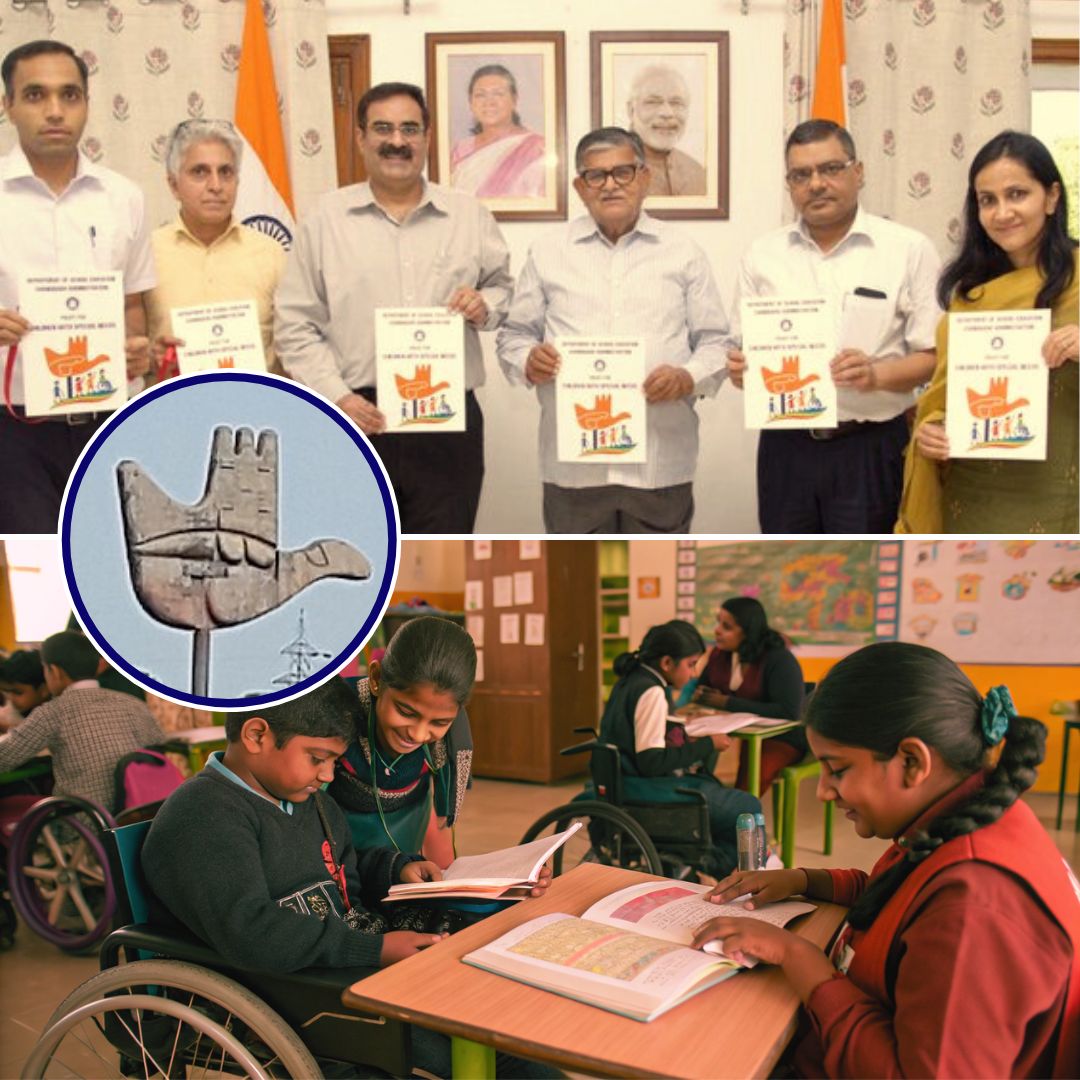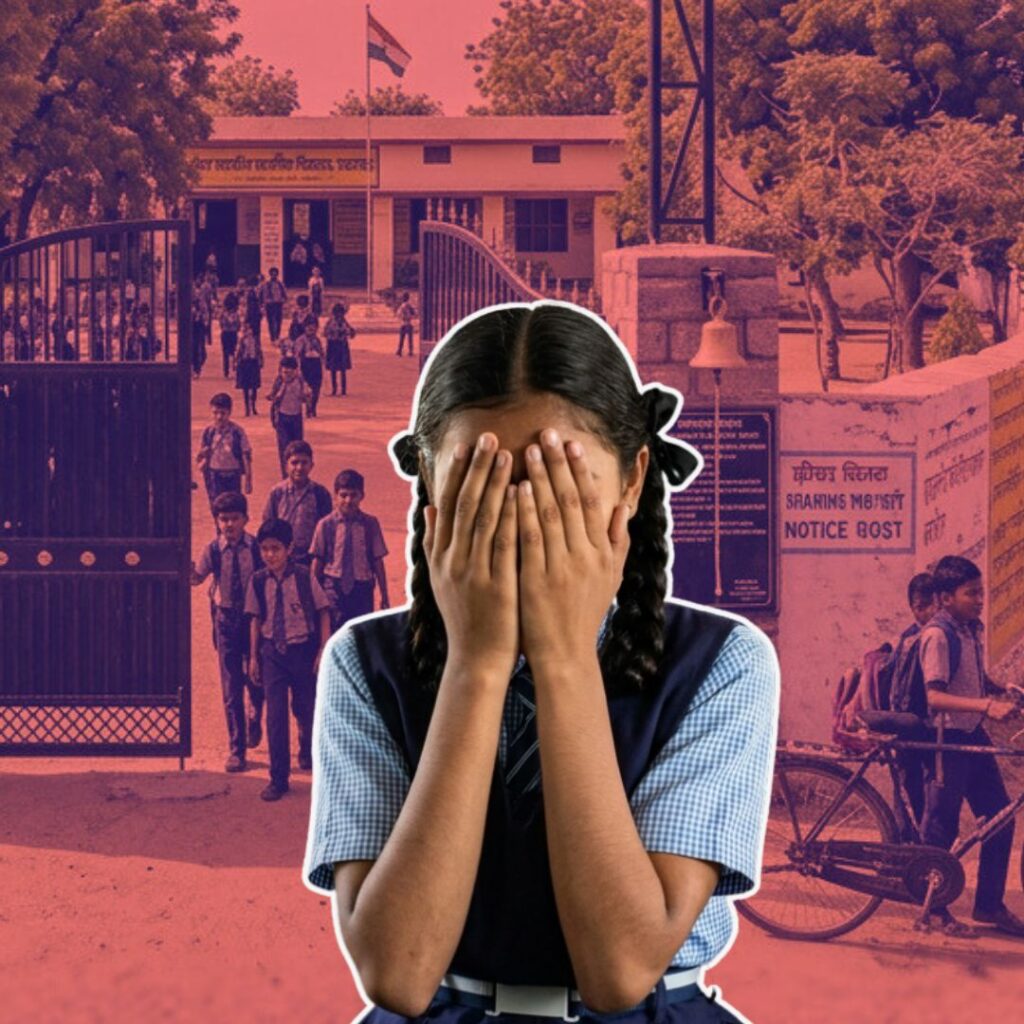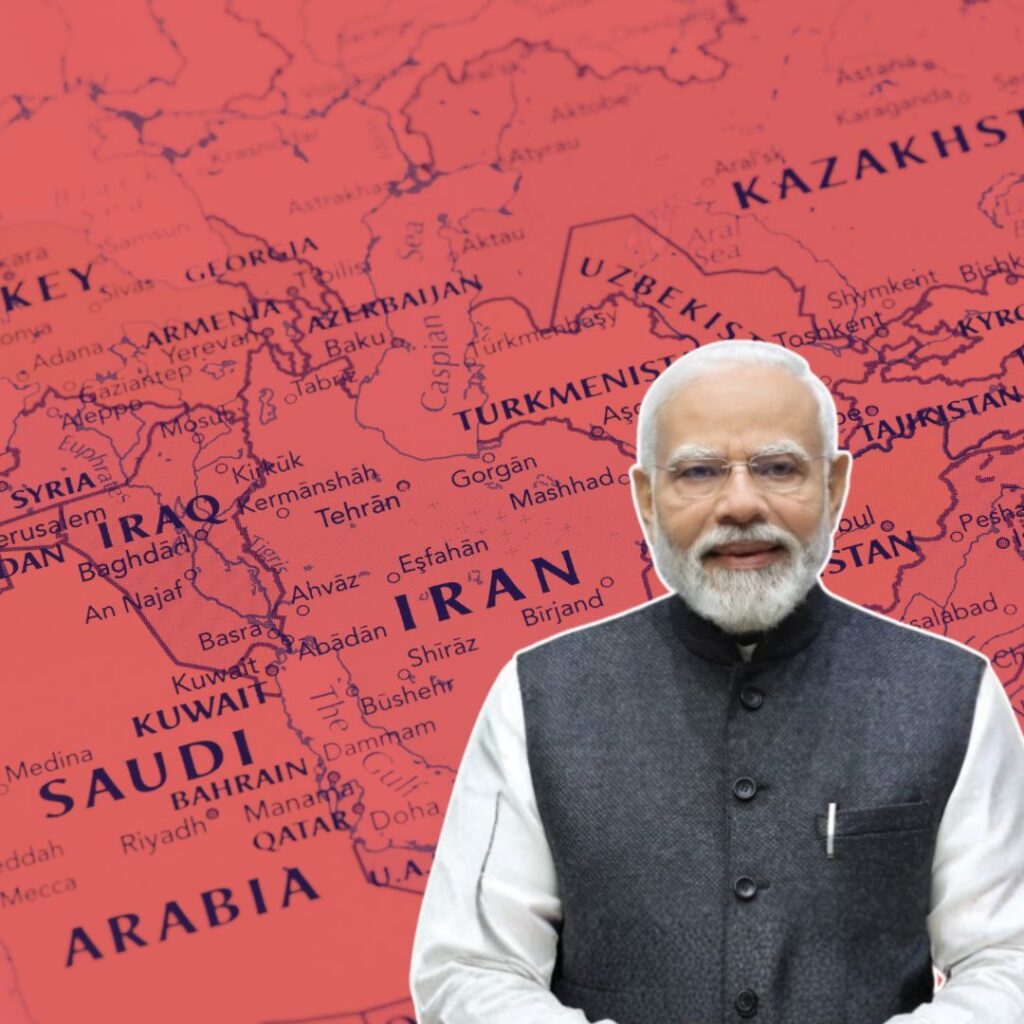In July 2025, Chandigarh launched a groundbreaking inclusive education policy that guarantees free and compulsory education up to the age of 18 for children with disabilities in government and aided schools. Unveiled by Punjab Governor and UT Administrator Gulab Chand Kataria, the policy mandates non-discriminatory admissions, a 3% reservation for children with disabilities within the 25% economically weaker sections quota, transport and escort allowances, vocational training from Class 9 onwards, and accountability measures for private schools enrolling children with special needs.
The scheme also covers home-based education for children physically unable to attend school, making Chandigarh the first Union Territory to introduce such a comprehensive framework. Officials laud it as a model likely to inspire similar initiatives across India.
Inclusive Education Gets a New Dawn in Chandigarh
Chandigarh’s new policy is designed to remove barriers and foster an inclusive, supportive learning environment for children with special needs. Schools across the city will ensure accessibility through physically adapted classrooms, availability of Braille and large print materials, and the provision of resources such as sign language interpreters. Teachers will receive special training to equip them for inclusive pedagogy, helping create class atmospheres that encourage participation rather than segregation.
Director of School Education Harsuhinder Pal Singh Brar highlighted the inclusive spirit of the policy: “It sends a clear message that disability is not a disability; with the right environment, every child can make society proud.” The policy’s emphasis on grievance redressal committees within schools and state-level monitoring bodies underscores Chandigarh’s commitment to accountability and continuous improvement.
Moreover, the inclusion of vocational training beginning in Class 9 aims to ensure children with disabilities gain practical skills to participate meaningfully in society after school, addressing long-term empowerment and livelihood.
Building on Years of Advocacy and Experience
The policy emerges from years of advocacy, research, and incremental improvements towards inclusive education in Chandigarh. While other regions in India have implemented varied, smaller schemes, Chandigarh’s comprehensive and legally backed approach is unprecedented among Union Territories.
The Rights of Persons with Disabilities Act, 2016, serves as the legislative backbone, mandating accessibility and non-discrimination, but this new policy operationalises these rights at ground level with clear entitlements and support systems. It goes beyond traditional schooling by including home-based education and auxiliary services for children unable to attend school physically, ensuring no child is excluded due to mobility or health reasons.
The policy also aims to combat discrimination in private schools, which are now accountable under this framework if they admit children with disabilities, thereby extending inclusion beyond the public sector.
The Logical Indian’s Perspective
Chandigarh’s bold move embodies what inclusive governance should achieve: respect for diversity, equality of opportunity, and nurturing the potential of every child. Education is rightly positioned as a shared social responsibility that transcends barriers of ability or circumstance.
This initiative reflects kindness, empathy, and societal harmony, values central to The Logical Indian’s mission. It urges policymakers across India to learn from Chandigarh’s example and incorporate similar policies that create barrier-free learning environments and foster dignity for children with disabilities.
Today launched the ‘Education Policy for Children with Special Needs in UT Chandigarh – 2025'.
— Gulab Chand Kataria (@Gulab_kataria) July 25, 2025
Senior officials of the Chandigarh Administration were also present on this occasion. pic.twitter.com/I0fndnKnU0












